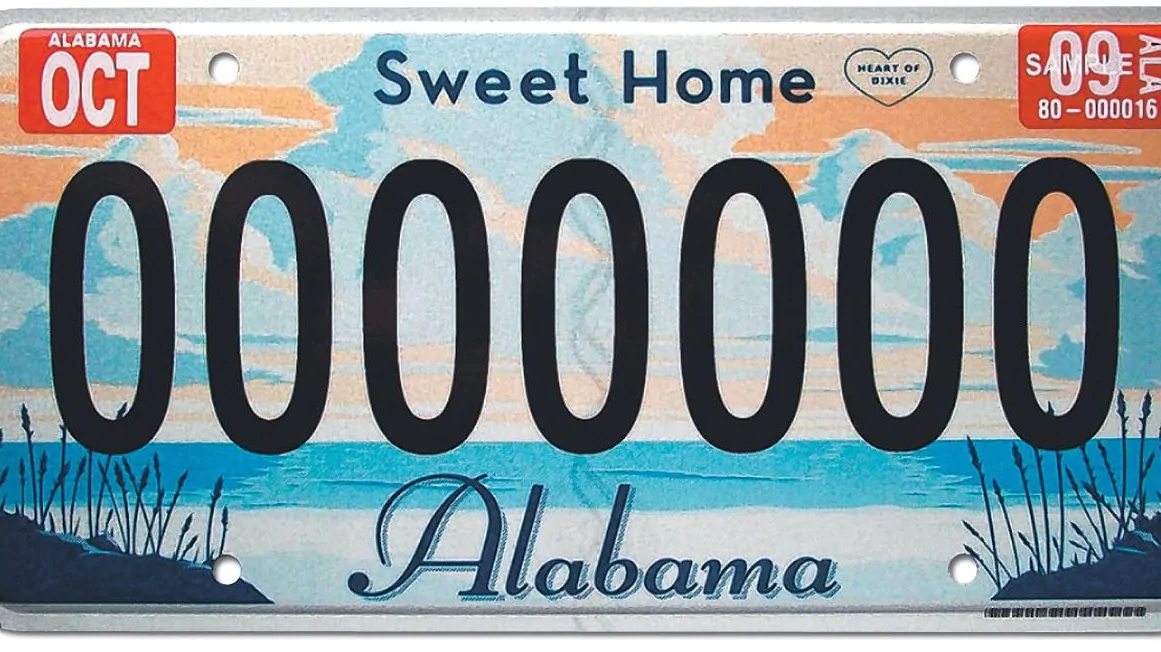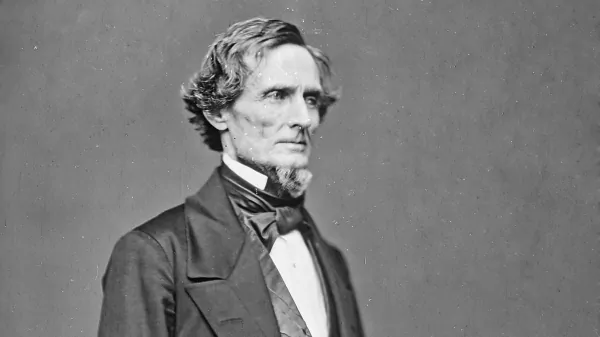In 2022, Alabama will offer residents four new license plate designs representing tourism, military heroism, education and curing cancer in children. Unfortunately, these license plates will also continue to feature “the Heart of Dixie,” bringing with it a history of oppression and racial hatred.
Supposedly, to escape the equally problematic “cotton state” label it carried in the early 20th century, Alabama began referring to itself as “the Heart of Dixie.” The state then passed legislation that all license plates display the term.
Despite its prominent placement on Alabama’s car tags, Dixie is a racist term linked to the antebellum period, which initiated some of the most vile and brutal aspects of American history. It was a time when the personal and economic gain of whites unapologetically took precedence over the humanity of Blacks. The word perpetuates white supremacy, which has been used to intimidate, instill fear, and remind Black people that white supremacy is the law of the land.
Personalized car tags reflect the sensibilities of each individual driver, and most causes are deserving of the high visibility they command on our roadways. They should be considered prime real estate that can be used to promote Alabama’s values, ethics, and mindset. Yet “the Heart of Dixie” will surely give visitors pause, and residents may not appreciate being forced to pay homage to the slavery-era South on their license plate – literally and figuratively.
Tags with the slogan were released in Alabama in 1955, not long after the U.S. Supreme Court’s unanimous Brown v. Board of Education ruling that the racial segregation of children was unconstitutional. Like the placement of Confederate symbols in public spaces, “the Heart of Dixie” term was strategically placed on car tags to remind Blacks of their place (or lack thereof) in society.
More recently, the state continued this trend by passing the Alabama Memorial Preservation Act of 2017, which prohibited the removal of Confederate symbols from public property. Alabama is one of six Southern states that enacted unfair preservation laws decades after losing the Civil War. This effort to protect Confederate relics undermined the will of communities that sought to remove symbols of hate from their midst.
“The Heart of Dixie” reference is a nod to white slaveholders and does not represent modern-day Alabamians. Nothing that romanticizes the antebellum period, slavery, the Confederacy, or the Jim Crow era should ever be associated with state-sanctioned speech. The requirement to display this wording on our license plates is an outdated remnant of the old South that should immediately be eliminated from the state statute.
Because Alabama citizens should not be forced to purchase a car tag with racist implications or exhibit this state-required messaging, I will be filing legislation once the Regular Session resumes to finally end this practice. Instead of sending the message that Alabama chooses to remain on the wrong side of history, we should be looking for ways to embrace our bright, inclusive future.
According to the Southern Poverty Law Center’s Whose Heritage? Public Symbols of the Confederacy report, Alabama is one of seven states across the U.S. that sell car tags or license plates associated with the Confederacy. Currently, there are 156 Confederate memorials sitting in Alabama’s public spaces, and 56 of them are monuments.























































